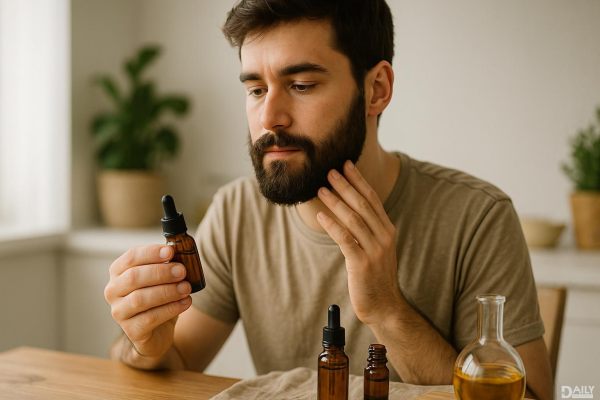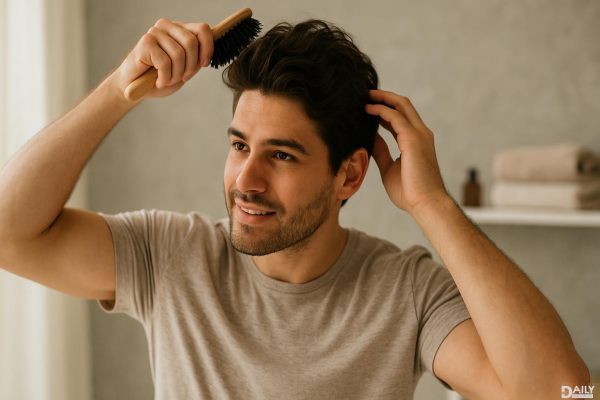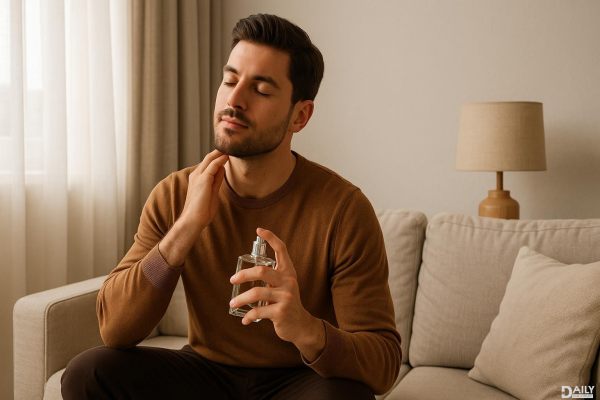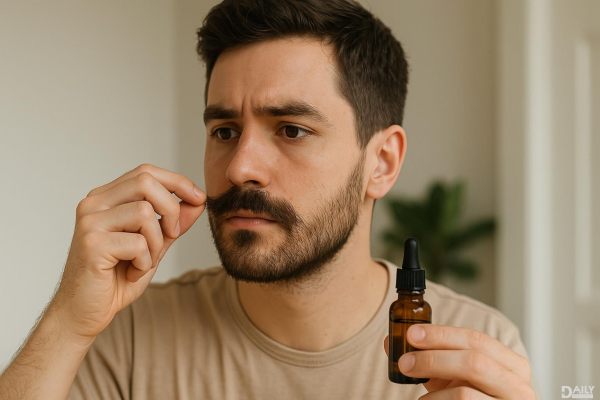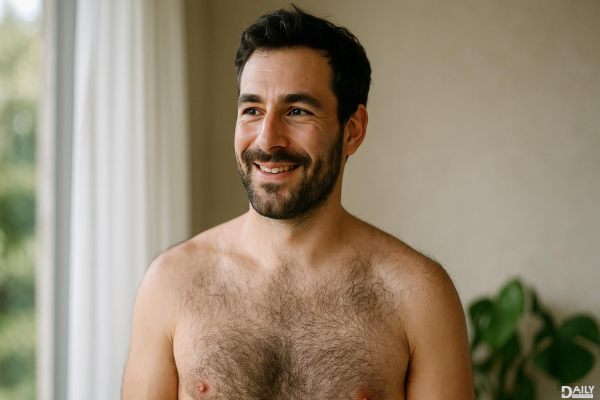Your beard isn't just facial hair—it's a walking billboard broadcasting subconscious messages about your personality, health, and even your dating prospects. Science says that beards trigger primal judgments in others before you even open your mouth, from signaling dominance to hinting at your immune system strength. Whether you're rocking a five-o'clock shadow or a lumberjack masterpiece, your follicles are talking. Let's decode what that scruff is really saying.

Studies show people make snap judgments about bearded men in as little as 50 milliseconds—that's faster than you can say "razor burn." A thick beard subconsciously reads as mature, aggressive, and socially dominant, while stubble lands you in "rebellious but approachable" territory. Clean-shaven faces? Often pegged as youthful or compliant. Researchers theorize this stems from evolutionary wiring: cavemen with fuller beards likely had higher testosterone, translating to survival advantages. Modern workplaces still mirror these biases—one UK study found bearded job applicants were perceived as 38% less employable for corporate roles but 27% more credible for creative fields.
Your beard might be a health dashboard. Patchy growth could indicate low iron or thyroid issues, while sudden thinning might signal stress or vitamin D deficiency. But here's the kicker: beards actually harbor beneficial bacteria that fight infections, acting like a probiotic shield for your face. The catch? Poor hygiene turns that microbiome into a petri dish—so lather up. Bonus fact: gray beards aren't just about age. Premature whitening can trace back to hydrogen peroxide buildup in hair follicles (blame genetics or chronic stress).
Tinder data reveals women swipe right most on heavy stubble (10-day growth), associating it with maturity sans the "mountain man" intensity. Full beards polarize—some see them as ultra-masculine, others as unkempt. Interestingly, gay men favor fuller beards at higher rates, possibly linking them to virility. But cultural context matters: in one experiment, bearded men were rated as 8% less attractive in collectivist societies where conformity reigns. Pro tip: if you're dating online, keep your beard well-lit—shadowy beard pics get 53% fewer matches.
Maintaining facial hair isn't cheap. The average American beard enthusiast spends $387 annually on oils, trimmers, and barber visits—more than double what women spend on mascara. High-end beard balms can run $50 per tin, while laser hair removal for shaping costs $1,500+ over time. Then there's the "beard tax": food particles (33% of bearded men admit finding lunch remnants later), higher dry-cleaning bills (oil stains), and even workplace discrimination (some factories ban beards for safety reasons). Still, the beard care market hit $3.2 billion last year—proof that vanity trumps economics.
That majestic beard might be a liability in certain situations. Airport security scanners flag facial hair as potential concealment, adding 12 extra seconds to your screening. Courtroom studies show jurors perceive bearded defendants as 17% more guilty. Even Santa isn't immune—modern mall Santas report kids increasingly fear their beards, with 1 in 5 toddlers crying upon contact. And let's talk about "beard fatigue": 22% of men shave theirs off due to partner complaints, mostly about itchiness during kissing. The ultimate irony? Beards trap pollution particles, potentially causing more skin irritation than shaving.
Whether you grow it for style, symbolism, or sheer laziness, your beard carries more weight than just hair. It's a biological signal, a cultural artifact, and a personal statement rolled into one. So next time you stroke that chin curtain, remember—you're not just grooming. You're curating an image that the world instinctively judges, for better or worse. Now go forth and beard wisely.

